1. What is Quercetin food supplement?
Quercetin is categorized as a flavonol, one of six subclasses of flavonoids, which are natural chemical compounds (phytonutrients) produced in plants, legumes, vegetables, and fruits (1).
2. What are the health benefits of Quercetin?
Quercetin has anti-inflammatory, antioxidant, anti-cancer and anti-allergic properties. It can help in the following ways:
- Reduce symptoms associated with asthma and seasonal and non-seasonal allergies. Quercetin inhibits the release of histamine from cells (mast cells), a chemical component responsible for allergic symptoms (2).
- Modulate pain and inflammation in chronic inflammatory diseases such as rheumatoid arthritis, ulcerative colitis and chronic joint inflammation. Quercetin helps downregulate the expression of inflammatory pathways in the human body, which are overactivated in these diseases (3).
- Strengthen the immune system due to several properties due to the antioxidant and anti-inflammatory properties it has (4).
- Lowering blood pressures,
3. What are the food sources of Quercetin?
In addition to dietary supplements, quercetin can be found in a variety of foods, such as red apples, oregano, broccoli, red lettuce, onions, cherry tomatoes, asparagus, green peppers, and elderberries (5).
4. Who should take this Quercetin supplement?
This supplement is recommended for people suffering from:
- Asthma and allergies (allergic rhinitis, sinusitis or allergic eczema) (5).
- Chronic pain arising from chronic inflammatory conditions (rheumatoid arthritis, psoriatic arthritis) (6).
- Recent animal studies have shown quercetin's potential, through its antioxidant and anticancer activity, to help protect the brain from degenerative diseases such as Alzheimer's and dementia (7); and to suppress the growth of cancer cells and induce apoptosis (cell death) in prostate cancer cells (8).
- High blood pressure (5).
5. What is the recommended dose of Quercetin supplement?
The recommended dose of quercetin is 500 mg to 1 gram per day, but doses of up to 3 grams per day may be necessary to control pain or allergic symptoms.
6. What are the adverse effects of Quercetin?
In general, at these doses, quercetin appears to be safe for most people, with few or no side effects. The most commonly reported side effects are mild headaches and mild stomach discomfort.
7. Can pregnant and breastfeeding women take this supplement?
There are no studies on the safety of consuming quercetin supplements by pregnant or breastfeeding women.
REFERENCES
1. Phenol-Explorer. Foods in which polyphenol Quercetin is found. eu/contentes/polyphenol/291. Accessed in May 2023.
2. Bronner C., Landry Y. Kinetics of the inhibitory effect of flavonoids on histamine secretion from mast cells. Agents Actions. 1985; 16:147-151.
3. Ferraz CR, Carvalho TT et all. Therapeutic potential of flavonoids in pain and inflammation: mechanisms of action, pre-clinical and clinical data, and pharmaceutical development. 2020; Feb 10; 25 (3):762
4. Nishimuro H., Ohnishi H. et all. Estimated daily intake and seasonal food sources of quercetin in Japan. Nutrients . 2015; Apr 2; 7(4): 2345-58.
5. Shaik Y., Caraffa A. et all. Impact of polyphenols on mast cells with special emphasis on the effect of quercetin and luteolin. Central European Journal Immunology. 2018; 43(4): 476-481
6. Javadi F., Ahmadzadeh A. et all. The effect of quercetin on inflammatory factors and clinical symptoms in women with rheumatoid arthritis: a double-blind, randomized controlled trial. American College Nutrition Journal. 2017; Jan; 36(1):9-15.
7. Costa LG, Garrick JM et all. Mechanisms of neuroprotection by quercetin: counteracting oxidative stress and more. Oxidative Medicine Cellular Longevity . 2016; 2016: 2986796.
8. Yang F., Song L. et al. Quercetin in prostate cancer: Chemotherapeutic and chemopreventive effects, mechanisms and clinical application potential (review). Oncology Reports . 2015; Jun; 33(6): 2659-2668.
9. Hashemzaei M, Delarami Far A, Yari A, Heravi RE, Tabrizian K, Taghdisi SM, Sadegh SE, Tsarouhas K, Kouretas D, Tzanakakis G, Tzanakakis G, et al: Anticancer and apoptosis‑inducing effects of quercetin in vitro and in vivo. Oncol Rep 2017; 38:819-828.
10. Serban MC, Sahebkar A, Zanchetti A, Mikhailidis DP, Howard G, Antal D, Andrica F, Ahmed A, Aronow WS, Muntner P, Lip GY, Graham I, Wong N, Rysz J, Banach M; Lipid and Blood Pressure Meta‐analysis Collaboration (LBPMC) Group. Effects of Quercetin on Blood Pressure: A Systematic Review and Meta-Analysis of Randomized Controlled Trials. J Am Heart Assoc. 2016 Jul 12;5(7):e002713. doi: 10.1161/JAHA.115.002713. PMID: 27405810; PMCID: PMC5015358.
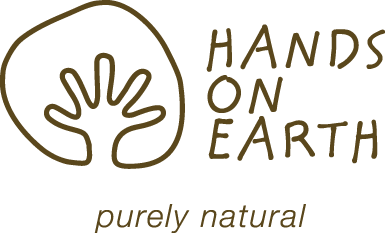
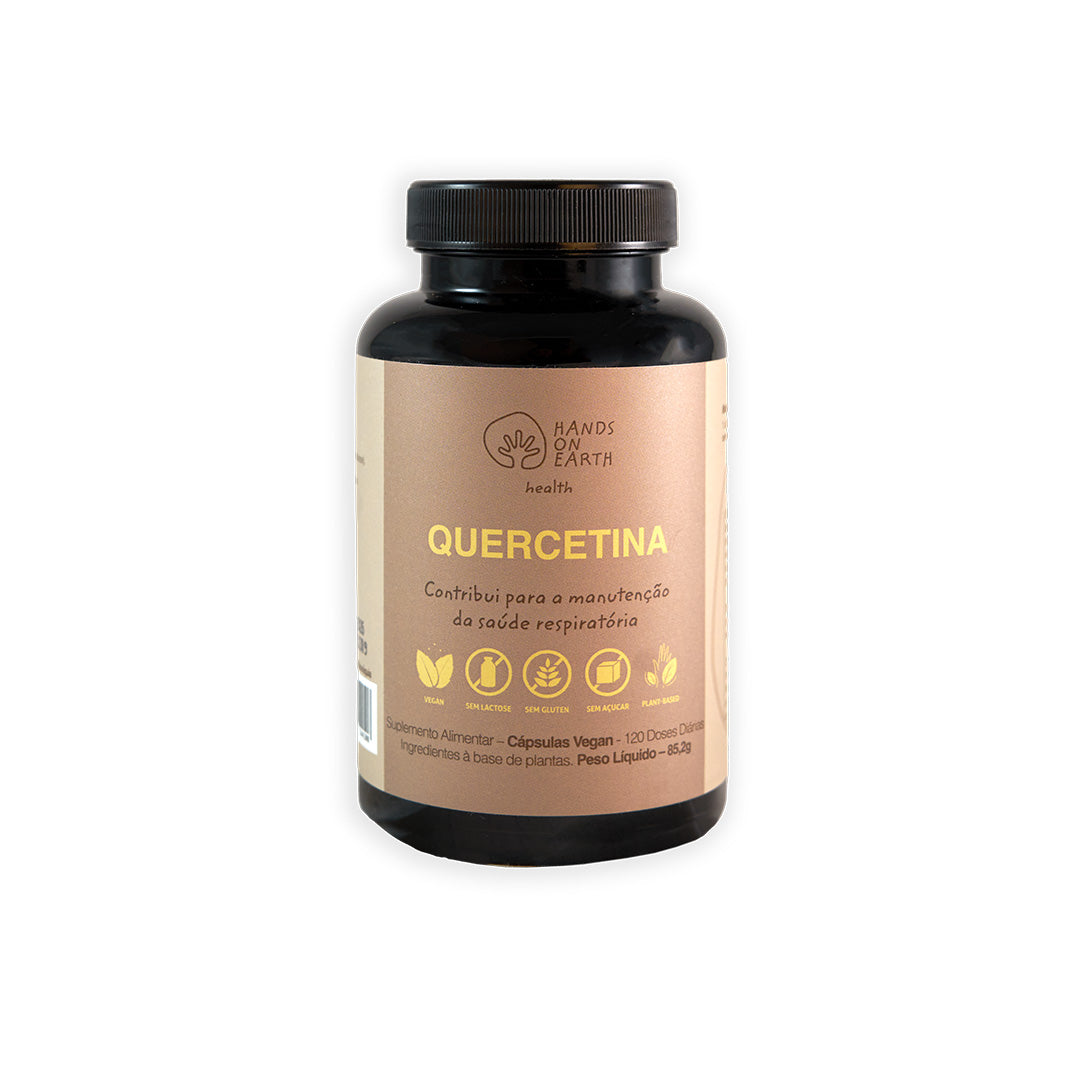
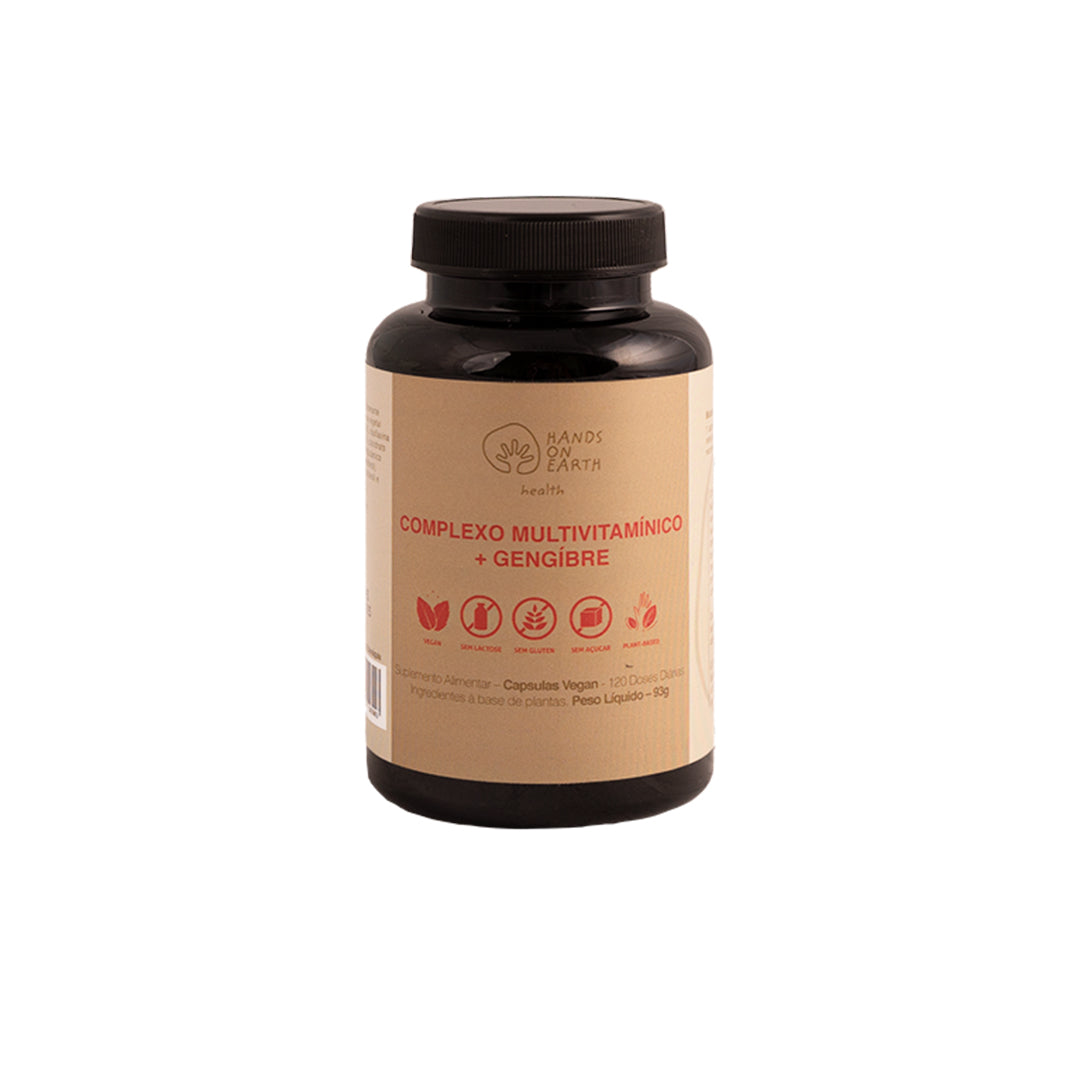
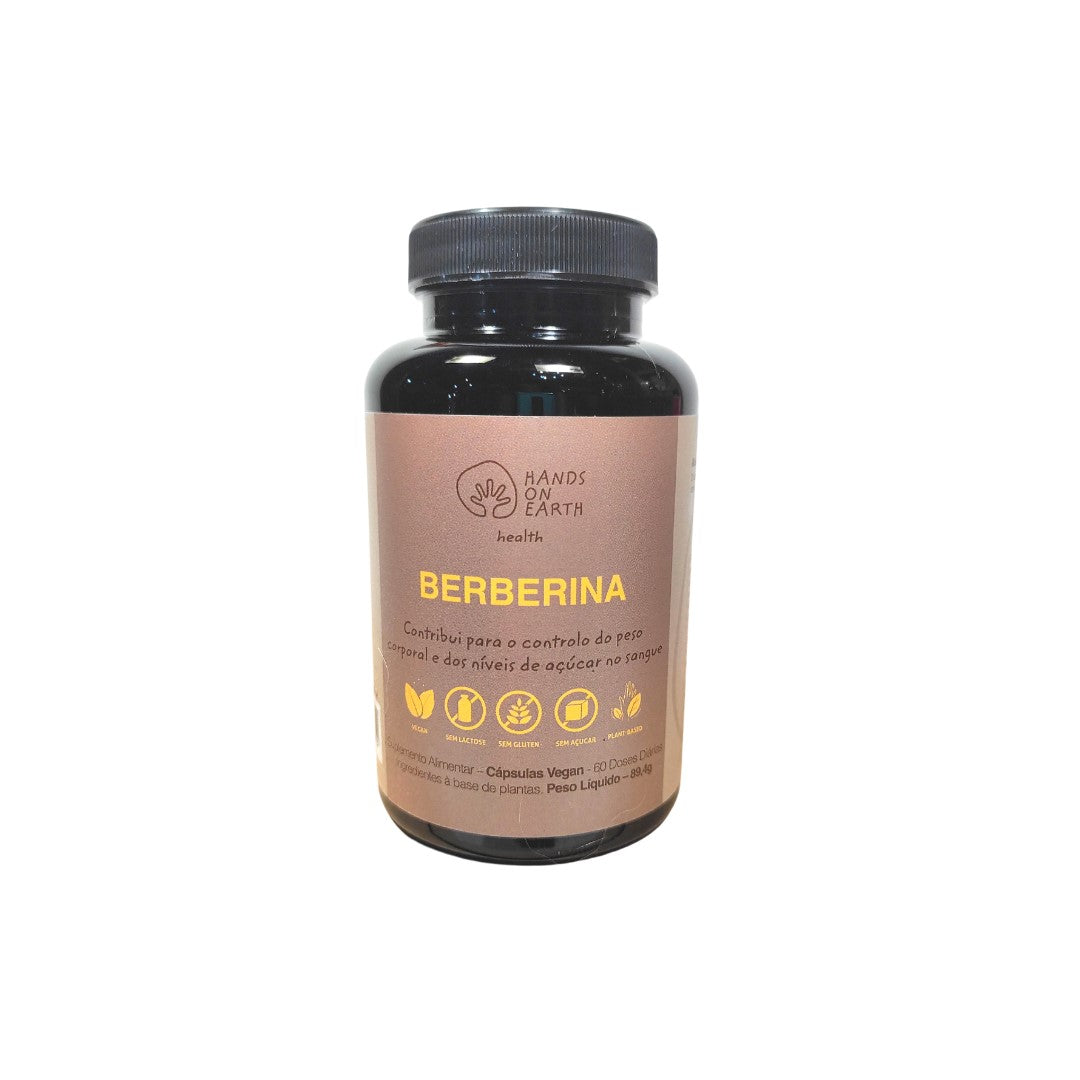
Leave a comment
This site is protected by hCaptcha and the hCaptcha Privacy Policy and Terms of Service apply.